Books
You release all your demons when you write
Sangita Rayamajhi on the genres of books she enjoys, her love for writing, and book recommendations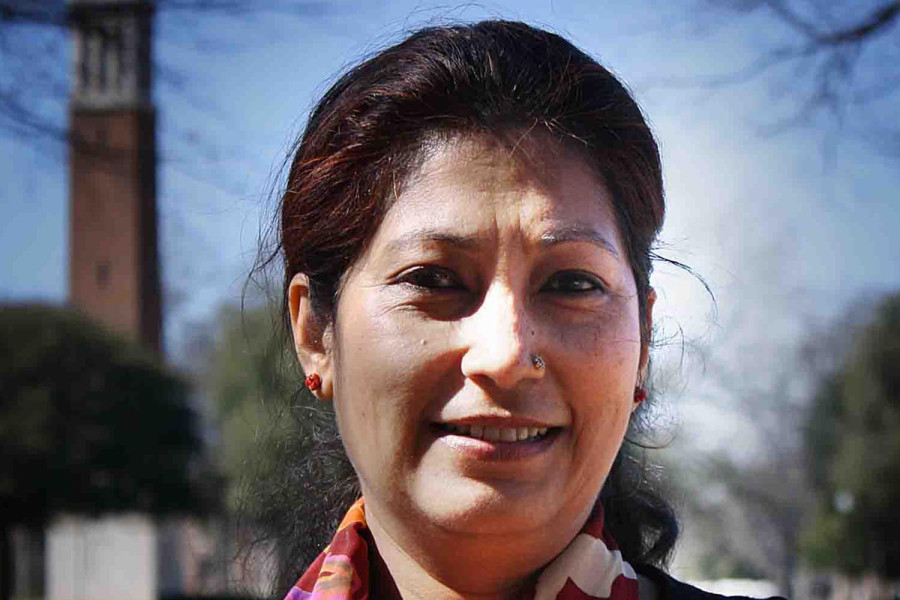
Post Report
Considered a pioneering scholar of women’s studies in Nepal, Prof. Sangita Rayamajhi, specialises in Diplomacy and International Relations, Gender and Sexuality/South Asian Studies and teaches at the Institute of Advanced Communication, Education and Research (IACER). She is the first woman in Nepal to get a PhD in English Literature and has written eight books, translated three, and written and reviewed numerous articles which are published both nationally and internationally. In this interview with The Post, Rayamajhi talks about her genre of choice, her love for writing, and book recommendations.
How did you start reading?
I started reading from the day I entered school. I have been hooked on the idea of reading books for as long as I remember. If my memory serves me right, the first book I read was ‘Noddy Head in Air’ by Enid Blyton in Grade 1 or 2.
Later on, I got into mystery series like ‘Famous Five’, ‘Secret Seven’, ‘Nancy Drew’ and then moved to the romances by Denise Robbins, Daniele Steele, Mills and Boons series, James Hadley Chase, Robert Ludlum, and then the ‘dangerous,’ Harold Robbins’ books.
I read everywhere I could, be it classroom, playground and most of all, under the quilt in bed, with a torchlight. There are countless instances of my books being confiscated as we were only allowed to read books from the school library.
My passion for reading has not abated. I’m reading more books across more diverse genres—science fiction, autobiographies, memoirs and more. For the past few years, I have been reading books on Gender and Sexuality, and Diplomacy and International Relations. Although my interest in this topic started out for the courses I teach, it has developed into genuine curiosity.
What do you enjoy reading the most?
I love reading novels—they tickle my senses just the right way and leave room for the imagination. I enjoy reading memoirs too. These days I do not indulge in science fiction as much as I used to. Right now, I am reading Chitra Banerjee Divakaruni’s latest novel, ‘Independence’. Her books are a must-read for everyone.
Can you tell us an interesting thing you have learned from a book you read recently?
As I said earlier, I have been reading more books on Diplomacy and International Relations. They are interesting reads. What struck me the most is the discrepancy between the government procedures or principles of appointing ambassadors and how they actually are selected in our own country. I would not want to get into the details of the qualifications and credentials of most of those who are politically appointed, but I would like to quote ECG Murray here, “The fate of nations very often hangs on the judicious conduct of a diplomatist. His success depends almost entirely on the confidence and esteem which he inspires.”
Can you name a book today’s youth must read?
I know the youth today have their own niche interests, so I do not want to impose on them something they would not be interested in reading. Having said that, I think the youth should be more educated on culture. I want students to be aware of the marginalised sections of society, caste, and ethnicity and the various intersectionality of all these. I want them to know that the goal is not reading a certain book but reading to learn and unlearn any falsities that shackle them. Pick up any book, say, ‘Rethinking Sexism, Gender and Sexuality’, and you will learn how not to differentiate or shun other sexualities, other castes, and gender and sexualities.
You have worked as both an author and a translator. What do you enjoy more?
I prefer writing to translating books. When you write, you are yourself, and you let go of yourself. You release all demons within you with passion and fervour. You become unstoppable. The writing is yours to do as you will. But with translation, you need to follow the rules of translation. You need to understand the essence of the writing and put your finger on the writer's pulse. The essence is what you translate, especially if it is a work of fiction writing, a novel, a drama, or poetry.
You have written numerous books on women. What does the topic mean to you, and why do you feel the need to write about it?
As a faculty at the Central Department of English, Tribhuvan University, the courses I offered were novels and short stories, and my focus was somehow on women—women devoid of agency, or to borrow Kishida Toshiko’s expression, stories of “daughters in a box,” girls who had, hands, feet and voice, but were unable to use them. Women students started seeing me for advice, about failed marriages, abusive husbands and other domestic issues. I also started writing for the Kathmandu Post for a few years on women’s issues.
So in all the writings I have done, at the centre of it is always a woman with an agency. And the non-fiction I have written is on women of Asia, and violence against women around the world. It’s important for me that my focus does not get side-lined or blurred from my objective of reading and writing about women in one way or the other.
Sangita Rayamajhi’s books recommended
One Flew over the Cuckoo’s Nest
Author: Ken Kesey
Publisher: Viking Press & Signet Books
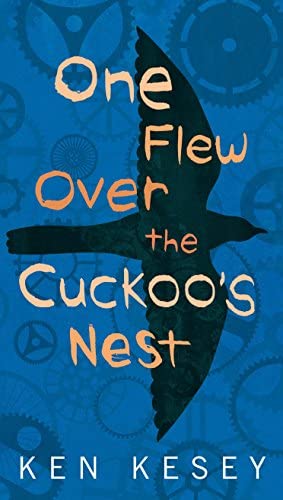
Sea of Poppies
Author: Amitav Ghosh
Publisher: Viking Press
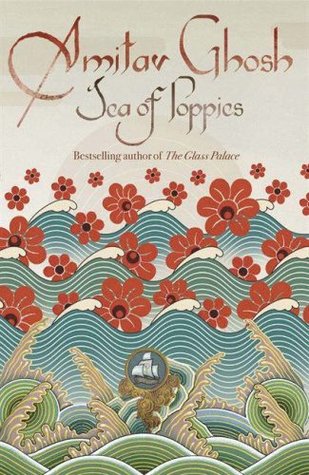
Wave: Life and Memories after the Tsunami
Author: Sonali Deraniyagala
Publisher: Alfred A. Knopf
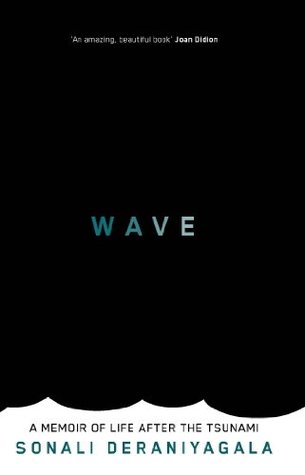
The Other Queen
Author: Philippa Gregory
Publisher: HarperCollins
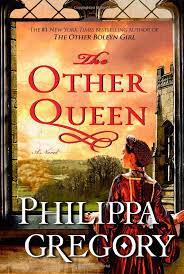
Reading Lolita in Tehran
Author: Azar Nafisi
Publisher: Random House
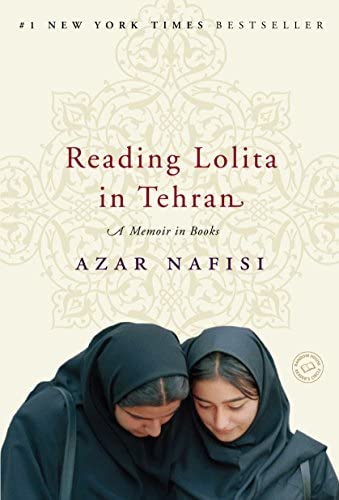
The Ring of Truth: Myths of Sex and Jewelry
Author: Wendy Doniger
Publisher: Oxford University Press
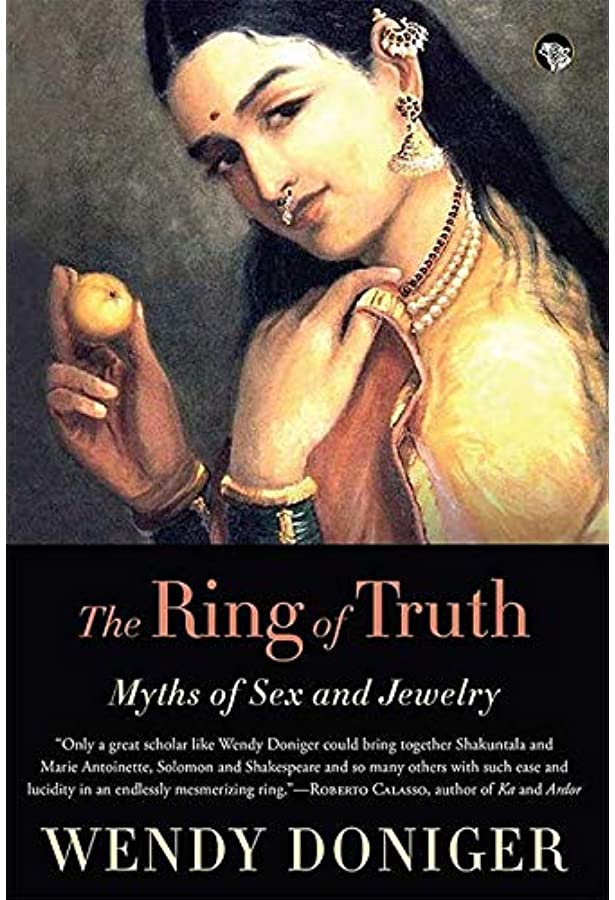




 9.7°C Kathmandu
9.7°C Kathmandu









